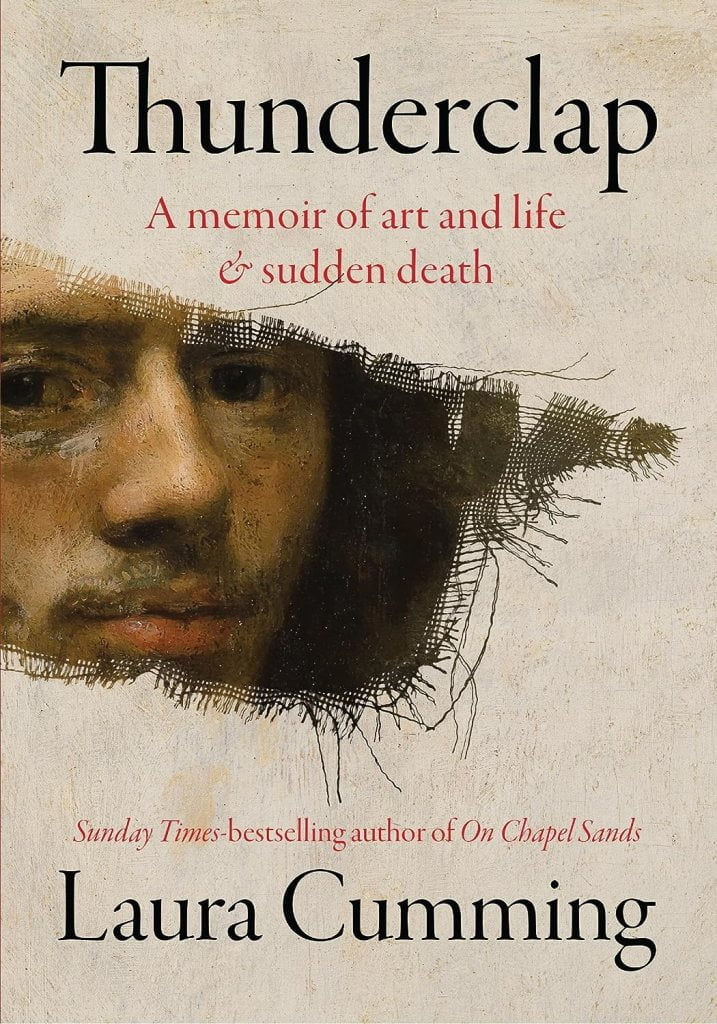
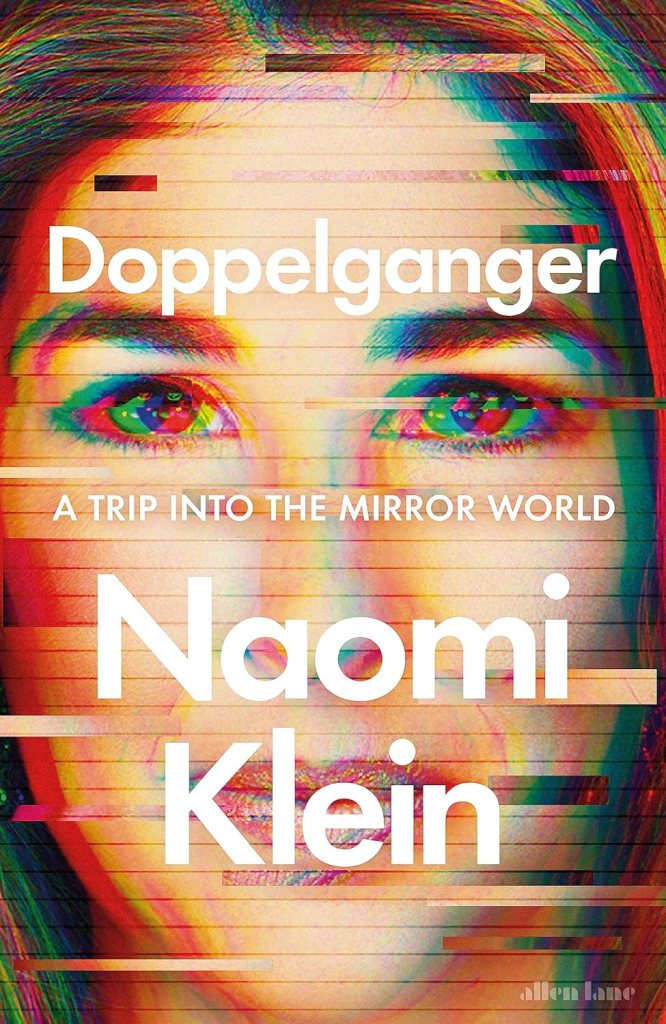
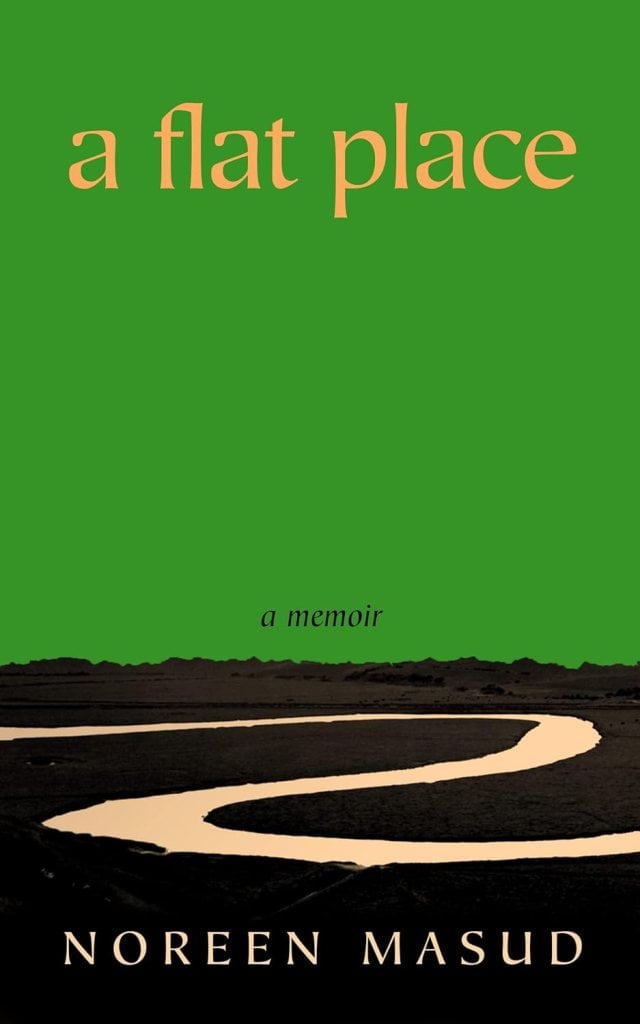
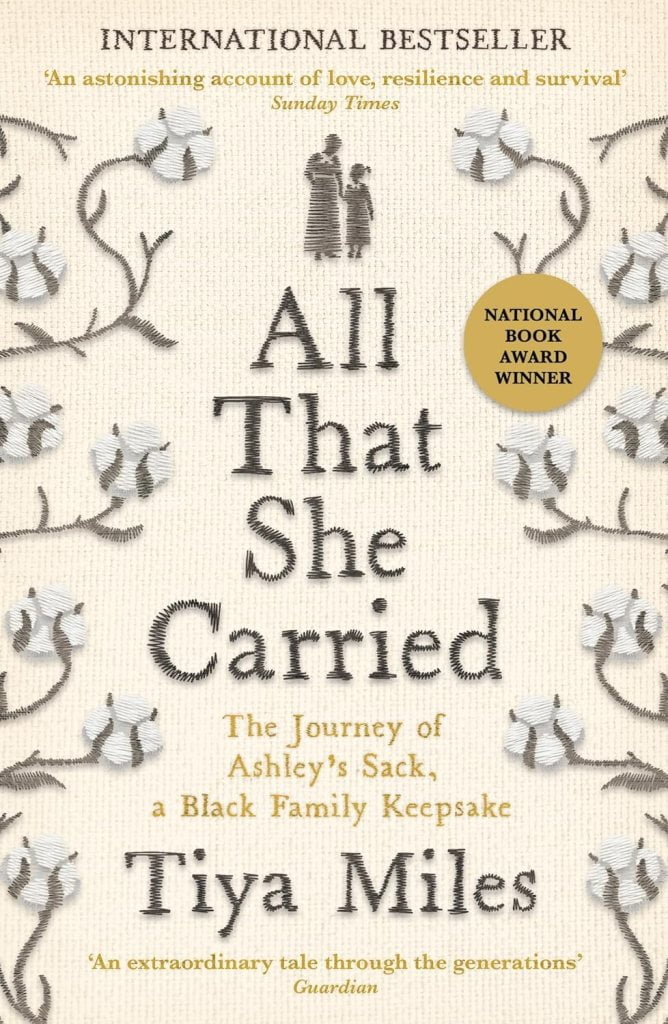
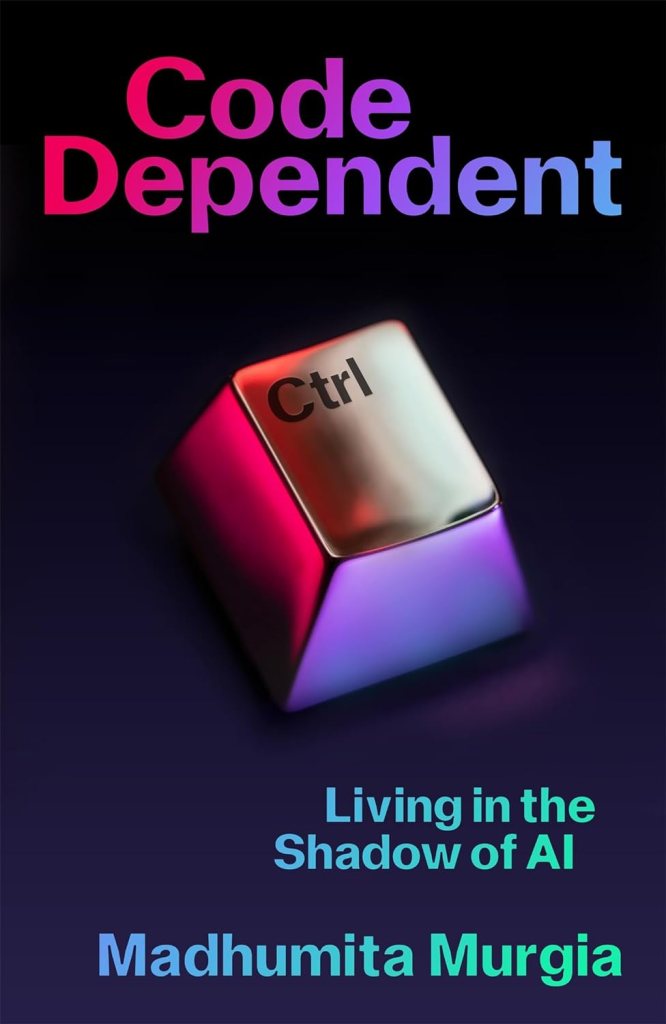
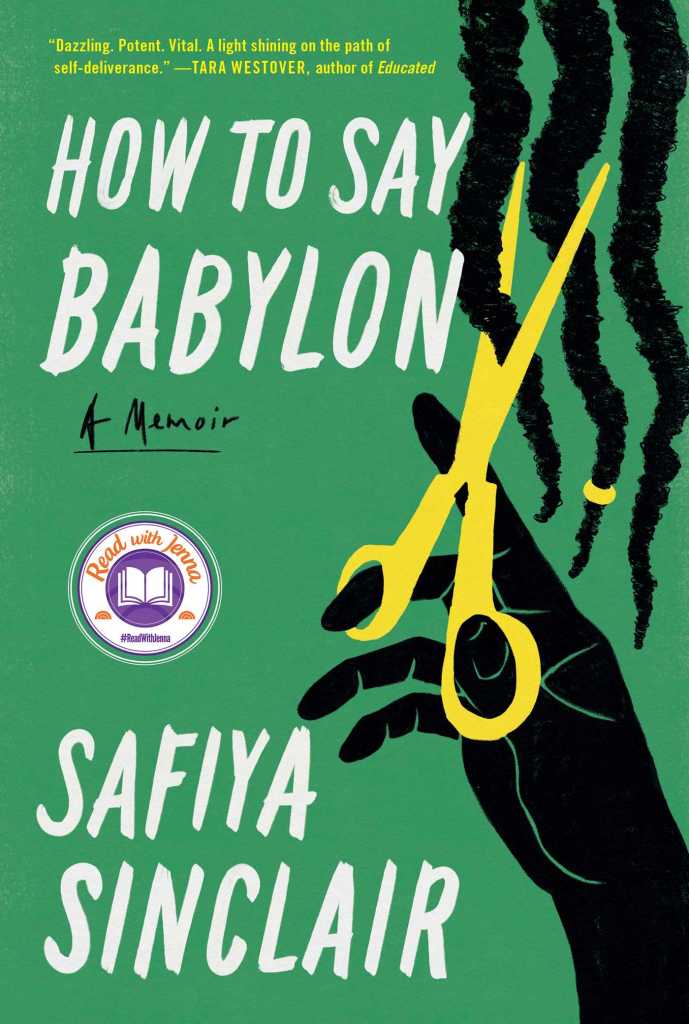
The Women’s Prize has unveiled its first-ever non-fiction shortlist. This selection includes six books that showcase the whole spectrum of human experience, thought, and innovation. From the complexities of life writing, the depth of religious exploration, the nuances of art and history, to the cutting-edge discourse on artificial intelligence, social media, and online politics, these works share a common thread: unparalleled originality and the capacity to transform intricate ideas and personal adversities into narratives that are not only compelling but also profoundly immersive.
In an announcement, the Women’s Prize said: “The 2024 shortlist takes readers to new places and introduces new perspectives, offering an alternative lens through which we can examine our past, present and impending future.”
Read: Women’s Prize for Non-Fiction longlist: history and memoirs dominate
Professor Suzannah Lipscomb, the chair of judges, broadcaster, and writer, praised the shortlist, stating, “Our magnificent shortlist is made up of six powerful, impressive books that are characterised by the brilliance and beauty of their writing and which each offer a unique, original perspective. The readers of these books will never see the world – be it through art, history, landscape, politics, religion or technology – the same again.”
She was joined by fair fashion campaigner Venetia La Manna; academic, author and consultant Professor Nicola Rollock; biographer and journalist Anne Sebba; and author and 2018 winner of the Women’s Prize for Fiction Kamila Shamsie.
The shortlist is said to consist of works that either challenge prevalent ideas or reclaim narratives from our past, whilst breaking new ground in non-fiction writing. “The six books cover a broad range of subjects – from life writing, religion, art and history, to AI, social media and online politics. What links them is an originality of voice and an ability to turn complex ideas and personal trauma into inventive, compelling and immersive prose,” the Prize detailed, highlighting the transformative power these stories hold.
The Women’s Prize for Non-Fiction shortlist includes:
- Thunderclap: A Memoir of Art and Life and Sudden Death by Laura Cumming, published by Chatto & Windus
- Doppelganger: A Trip Into the Mirror World by Naomi Klein, published by Allen Lane. Check out our review of Doppelganger.
- A Flat Place by Noreen Masud, published by Hamish Hamilton
- All That She Carried: The Journey of Ashley’s Sack, a Black Family Keepsake by Tiya Miles, published by Profile
- Code Dependent: Living in the Shadow of AI by Madhumita Murgia, published by Picador
- How to Say Babylon: A Jamaican Memoir by Safiya Sinclair, published by 4th Estate. Read our review of this deeply moving work.
As the Women’s Prize for Non-Fiction states, the six books are “unified by an originality of voice, accessible, insightful, each one a masterpiece.” The winner will be announced in central London on June 13. She will receive a £30,000 prize and a limited-edition artwork known as The Charlotte, both donated by the Charlotte Aitken Trust.
[…] Masud’s book, which has received critical acclaim and was shortlisted for the 2023 Women’s Prize for Non-Fiction, explores themes of identity, trauma, and the significance of landscapes in personal and collective […]
[…] the Women’s Prize finalist shared her thoughts into the practical consequences of AI in critical sectors like criminal justice […]
[…] Read: Women’s Prize for Non-Fiction shortlist showcases groundbreaking voices […]